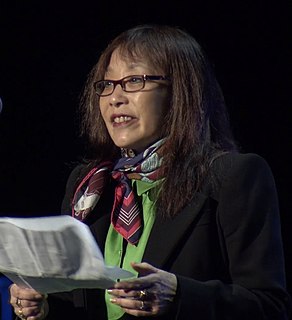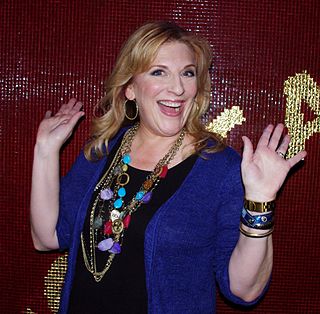A Quote by Michiko Kakutani
Indeed, 'The Second Plane' is such a weak, risible, and often objectionable volume that the reader finishes it convinced that Mr. Amis should stick to writing fiction and literary criticism, as he's thoroughly discredited himself with these essays as any sort of political or social commentator.
Related Quotes
Good writing is good writing. In many ways, it’s the audience and their expectations that define a genre. A reader of literary fiction expects the writing to illuminate the human condition, some aspect of our world and our role in it. A reader of genre fiction likes that, too, as long as it doesn’t get in the way of the story.
It remains a mystery to me why some of that [pulp] fiction should be judged inferior to the rafts and rafts of bad social [literary] fiction which continues to be treated by literary editors as if it were somehow superior, or at least worthier of our attention. The careerist literary imperialism of the Bloomsbury years did a lot to produce fiction's present unseemly polarities.
The Booker thing was a catalyst for me in a bizarre way. It’s perceived as an accolade to be published as a ‘literary’ writer, but, actually, it’s pompous and it’s fake. Literary fiction is often nothing more than a genre in itself. I’d always read omnivorously and often thought much literary fiction is read by young men and women in their 20s, as substitutes for experience.
To discuss a Martin Amis book, you must first discuss the orchestrated release of a Martin Amis book. In London, which rightly prides itself on the vibrancy of its literary cottage industry, Amis is the Steve Jobs of book promoters, and his product rollouts are as carefully managed as anything Apple dreams up.
Autobiographical writings, essays, interviews, various other things... All the non-fiction prose I wanted to keep, that was the idea behind this collected volume, which came out about few years ago. I didn't think of Winter Journal, for example, as an autobiography, or a memoir. What it is is a literary work, composed of autobiographical fragments, but trying to attain, I hope, the effect of music.
My literary criticism has become less specifically academic. I was really writing literary history in The New Poetic, but my general practice of writing literary criticism is pretty much what it always has been. And there has always been a strong connection between being a writer - I feel as though I know what it feels like inside and I can say I've experienced similar problems and solutions from the inside. And I think that's a great advantage as a critic, because you know what the writer is feeling.
Indeed a good quotation hardly ever comes amiss. It is a pleasing break in the thread of a speech or writing, allowing the speaker or writer to retire for an instant while another and greater makes himself heard. And this calling-up of the deathless dead implies also a community of mind with them, which the reader will not grudge the author lest he should seem to deny it to himself.
The ratio of authentic literature to trash in pornography may be somewhat lower than the ratio of novels of genuine literary meritto the entire volume of sub-literary fiction produced for mass taste. But it is probably not lower than, for instance, that of another somewhat shady sub-genre with a few first-rate books to its credit, science fiction.




































